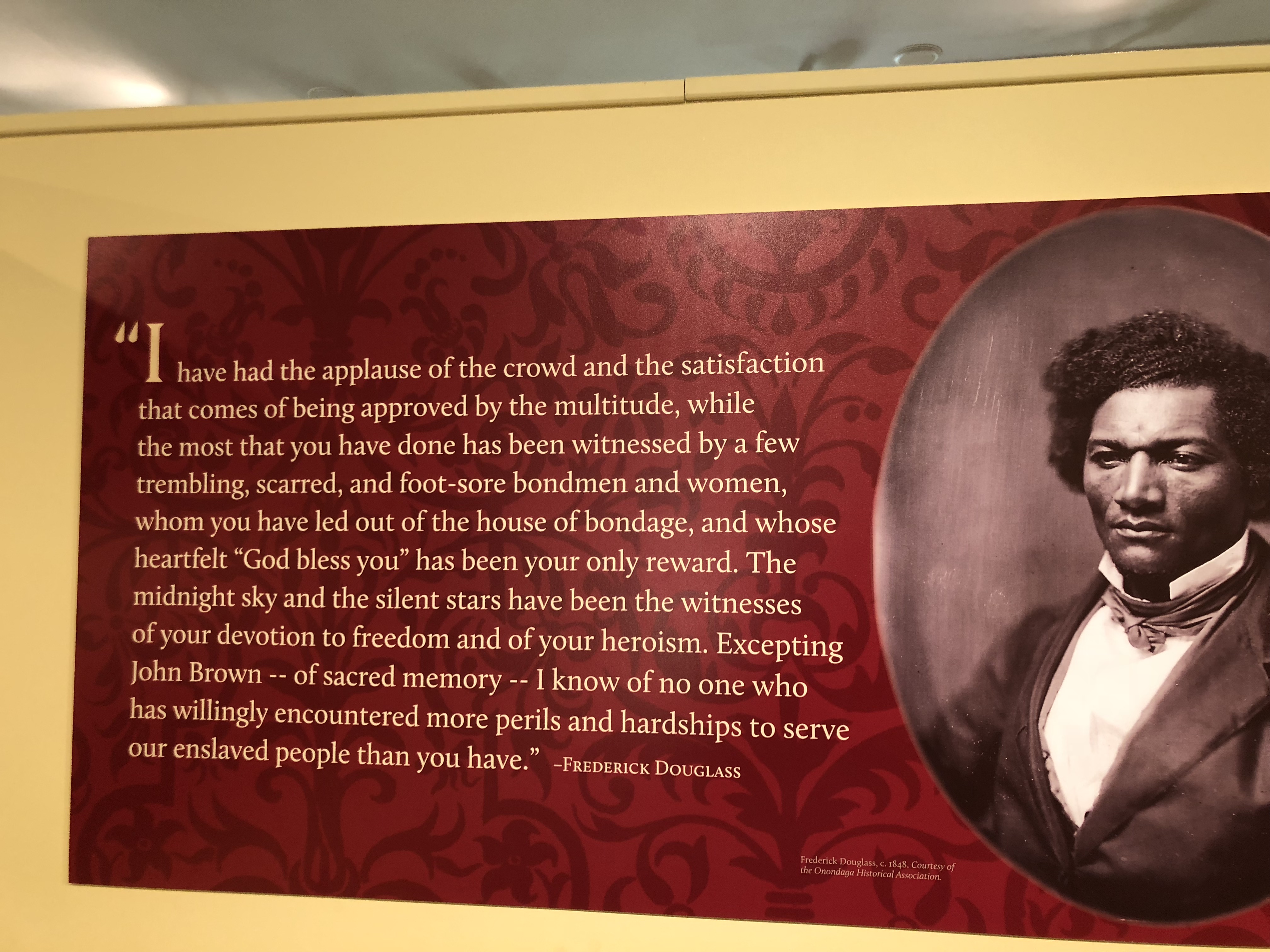Lots ‘o Philip Roth
The 2018/2019 Roth review continues for me. To date American Pastoral is my fave, but stay tuned:
- American Pastoral (1997)
- I Married a Communist (1998)
- The Ghost Writer (1979)
- Zuckerman Unbound (1981)
- The Anatomy Lesson (1983)
- The Human Stain (2000)
- The Plot Against America (2004)
American Pastoral was probably my favorite in terms of the way Roth danced from sentence to sentence, idea to idea, plot twist to narrative. Among the plot points, a man who sees his life as quiet and ordinary is somehow sent off the rails (in this case, his daughter joins a group akin to the Weather Underground and blows up a building causing someone’s death). Finding a new equilibrium is impossible: I suppose a modern re-make of Greek tragedy. The Human Stain takes on Green tragedy in a different way, this time starring a college professor of Greek tragedy….
The Ghost Writer concerns the Anne Frank story and I read it about a month before I went to Amsterdam, which of course included a visit to the Anne Frank House and Center. The book is set at the time that the Broadway play about Anne Frank opened (1960s?). Amy Bellett intimates to the protagonist Nathan Zuckerman that she is the author of Anne Frank’s Diary. When the play opened there was a bit of controversy about how well (or glossed up) Anne Frank’s life was represented in the play; what Otto Frank had allowed to be a part of the “story;” and to some whether Anne Frank had truly died. You leave the book re-thinking your notions of reality and fiction, which is apt a propos of family history. My family, in fact, had a number of Anne Frank-like situations (relatives fleeing Germany for the Netherlands & winding up in Bergen Belsen) not to mention two relatives named Anne Frank (mother and daughter both). While I’ve never doubted family stories, different people certainly have different memories and the Ghost Writer reminds me that I’m not the only one contemplating which version of which tales cleaves closest to the “truth.”
And in Zuckerman Unbound, the protagonist (same one as in the Ghost Writer – Nathan Zuckerman) struggles with success and how that success affects his family. The book is several dense chapters each of which swerves back and forth between 1940s Newark and 1960s New York. The effect is not unlike one’s daily experience, trying to make sense of the present based upon experience and trying make sense of the past in light of how things have worked out.
I took The Plot Against America, by Philip Roth, out of the library to participate in a discussion at my synagogue, however, I couldn’t access the book till after the discussion (so I didn’t participate). Reading this book during the Trump era (as opposed to the W era, when it was originally published) was terrifying. The dog whistles of the Nationalists (as the press likes to call it, i.e. semi-veiled antisemitism, racism, hatred of immigrants) are so loud now, that the book, which is a “what if…” Charles Lindberg had been elected president in 1940 instead of Roosevelt, seems current event rather than speculative fiction. Though the characters are pure Roth: Jewish New Jerseyites some of whom get obsessive about things better left alone. Very sweet in the book was a rendering of the relationship between the narrator, young Philip Roth, and his neighbor Sheldon. Philly is put off by Sheldon’s lack of other friends and his neediness, yet can’t help but engage with him as his family falls apart by a combination of illness and antisemitic violence. I read the scene several times when Philly is locked in Sheldon’s bathroom – it develops the characters and their brilliantly while being both silly and hysterical.
The Anatomy Lesson – decidedly not the Roth high point of 2019. The book is set in the early 70s with the unraveling of Nathan Zuckerman due to back and neck pain (and the deaths of his parents). The description of Zuckerman’s pains and his various (unsuccessful) treatments was almost impossible for this bedeviled-by-back-and-neck-pain reader to plod through. And after that inauspicious beginning, there are quite a few pages involved in Zuckerman’s appropriation of (real or fictitious??) pornographer Milton Appel’s rants about feminism and pornography. Ugh. To my memory, these rants were more prevalent in the early 80s than the 70s, so I’m not sure how all this really hangs together. The high points of the book? Zuckerman’s remembrances of his childhood in the face of his mother’s death, his reunification with a college friend (and their re-connection / significant divergences), and while in the hospital recovering from a self-inflicted (ridiculous) accident, ramblings about the connections between the healing of a body (by doctors) and the healing of a soul (by creativity and perseverance).

